The initiative is aimed at assessing whether to impose sanctions against Russian scrap entering the EU or to allow member states to adopt unilateral restrictive measures. The proposal has received significant support among these EU countries.
In 2023, Russia exported 149,200 tonnes of scrap to the EU, 64% more than in 2022. 146,900 tonnes of this volume was shipped to Lithuania and the rest to Latvia. Given the total volume of exports outside the Eurasian Economic Union (EAEU) last year, which was 1.04 million tonnes, Russian traders could lose 15% of exports or be forced to look for alternative markets if such measures are adopted.
The proposal was formally presented at an Environment Council meeting in Brussels on 25 March. Ambassador Jurga Kasputene, Lithuania's Deputy Permanent Representative to the EU, spoke in favour of the proposal, emphasising the need for the European Commission to carefully assess all available options at EU level. She stated that these imports are believed to contribute directly to financing Russia's ongoing conflict against Ukraine and should therefore be stopped.
The Environment Ministry revealed that between 2022 and 2023, the EU imported ferrous metals, copper, and aluminium waste and scrap valued at over 118 million euros from Russia, with a significant portion of these imports passing through Lithuania.


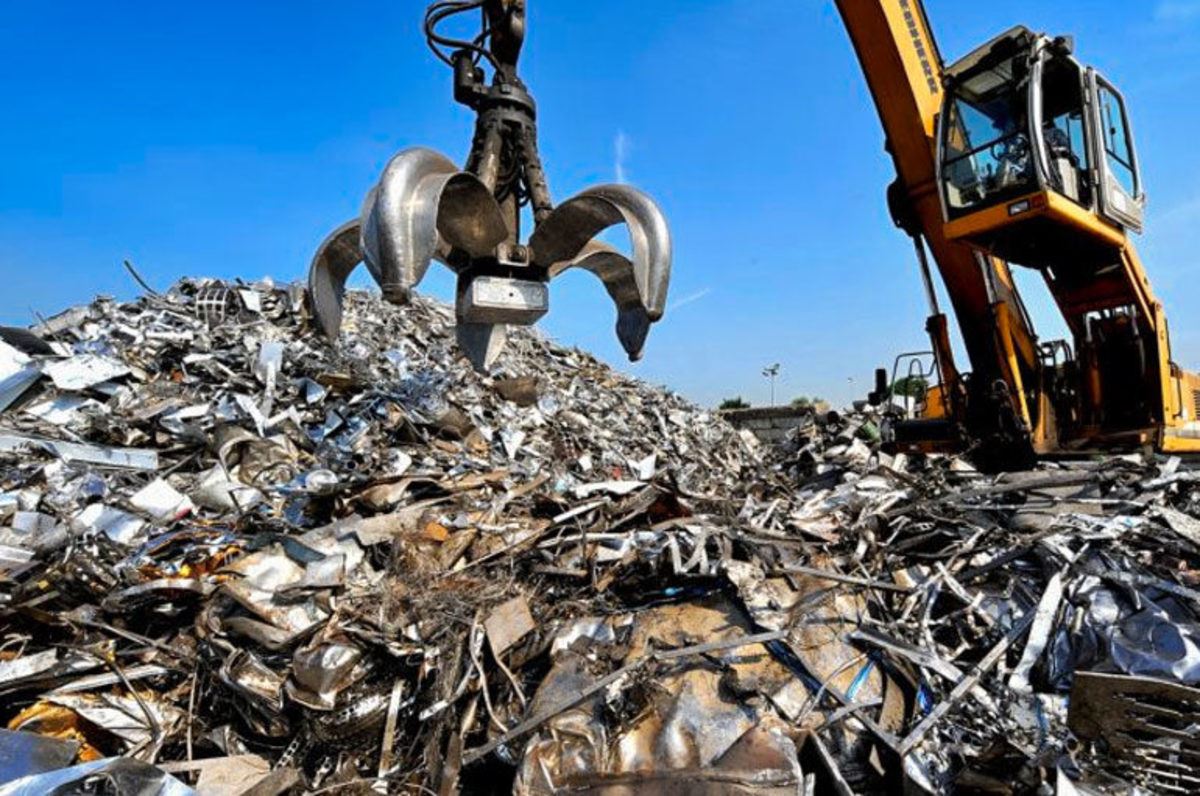
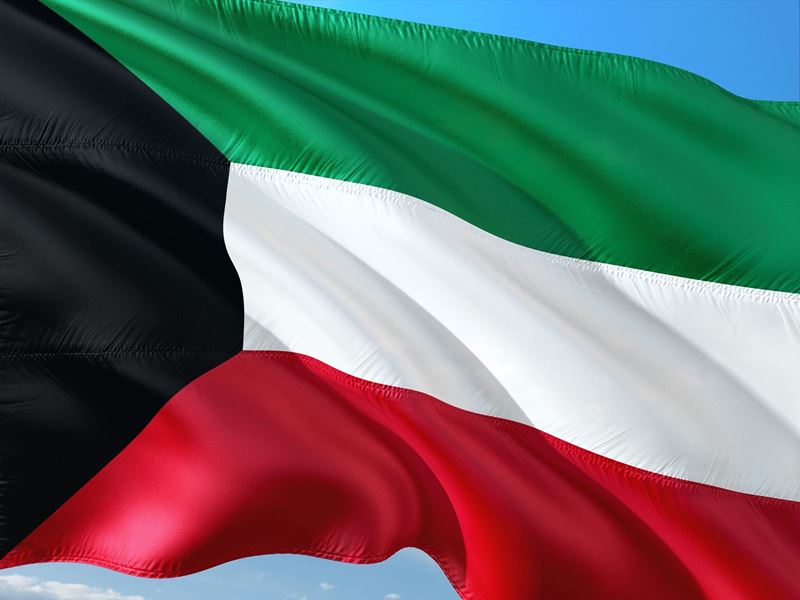
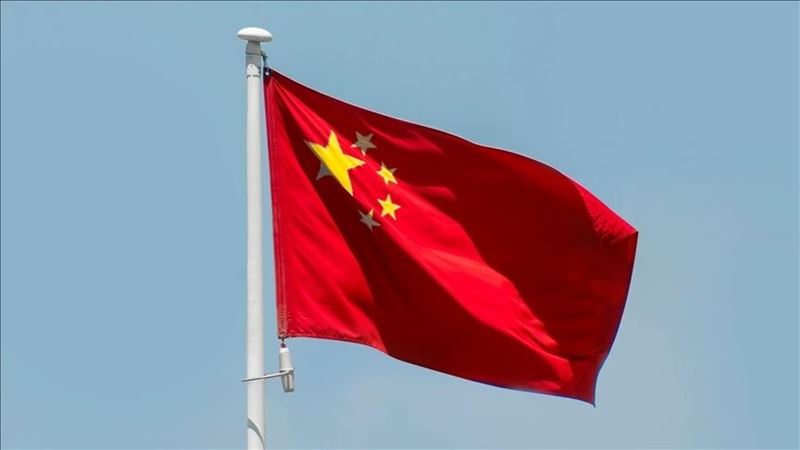
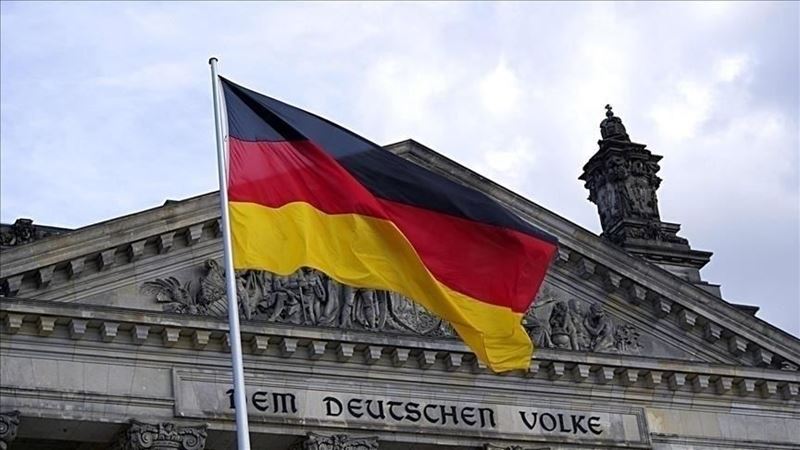
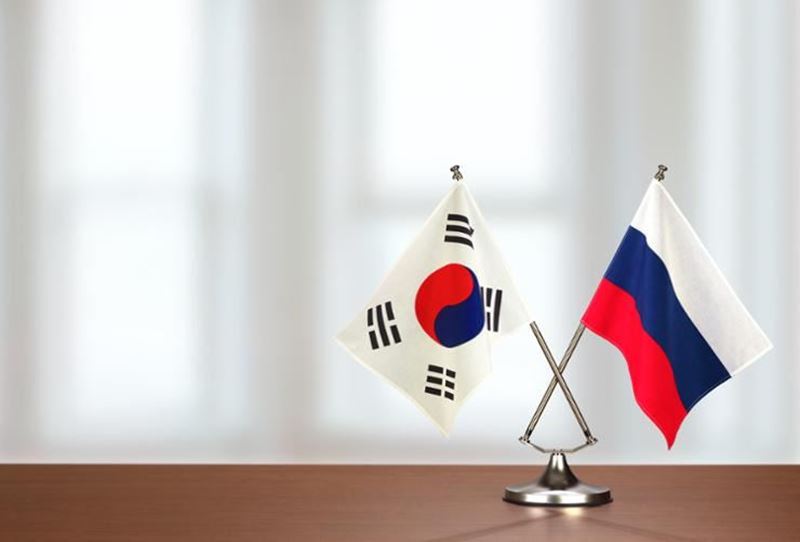
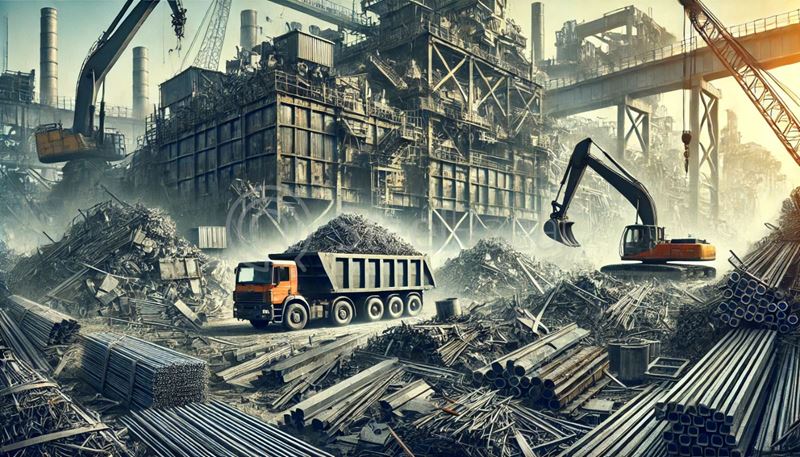

Comments
No comment yet.